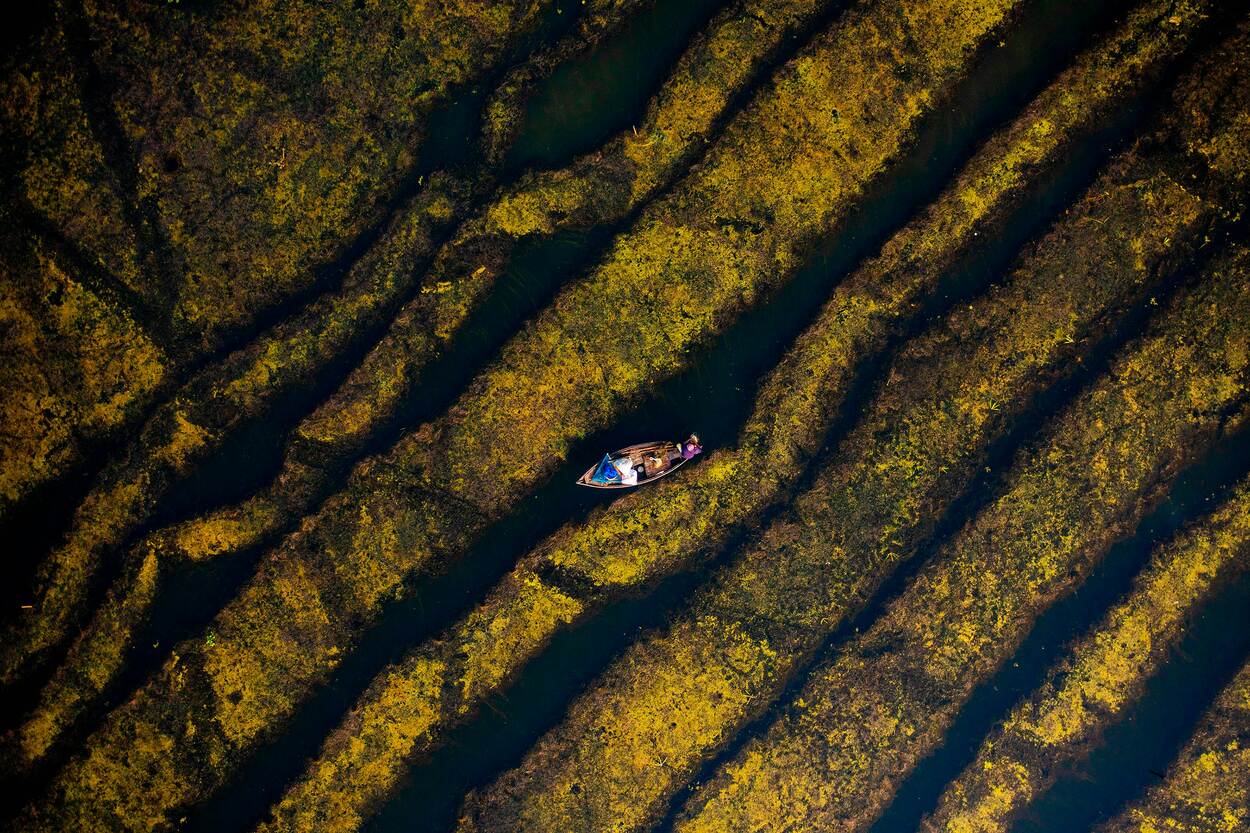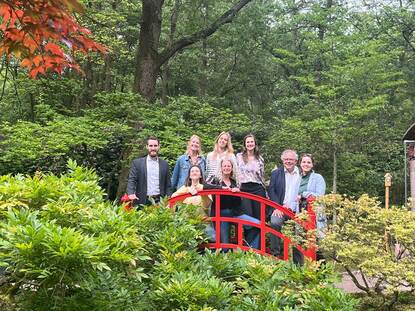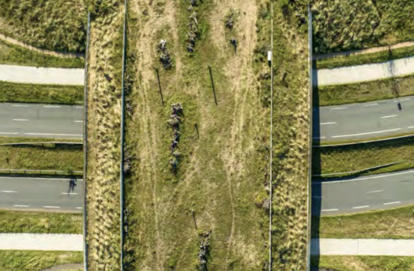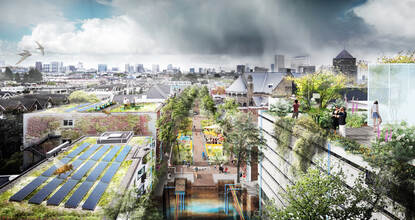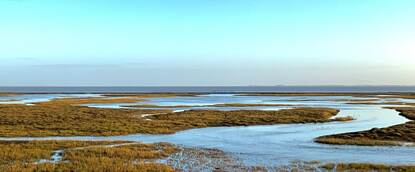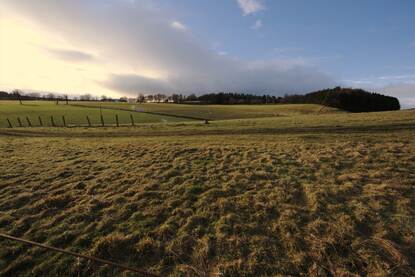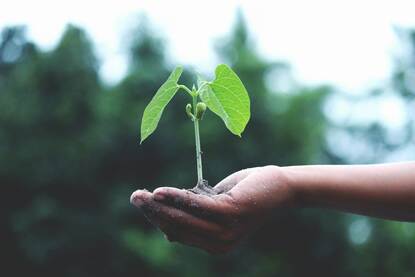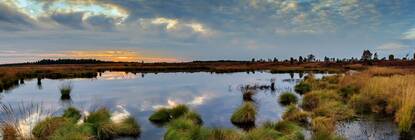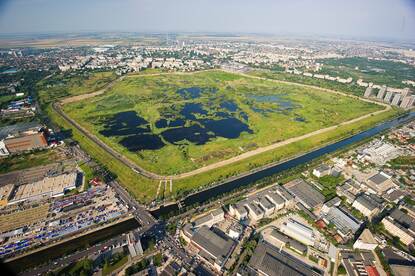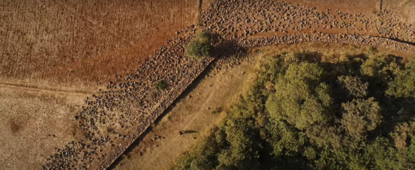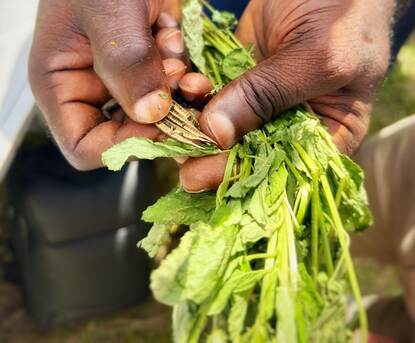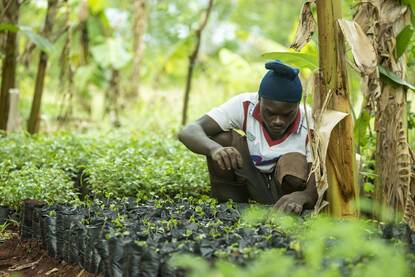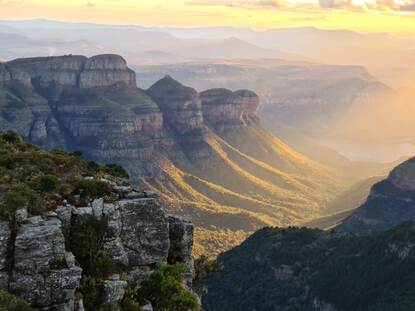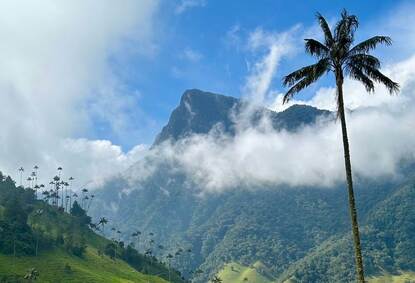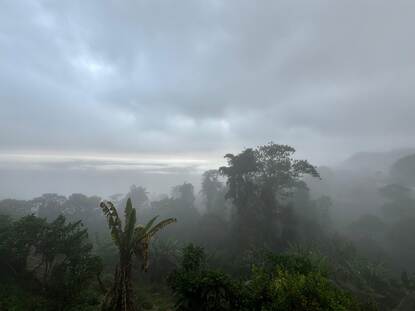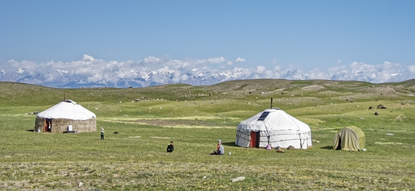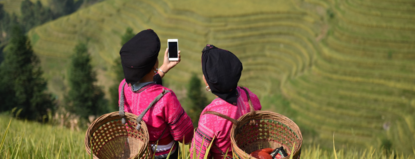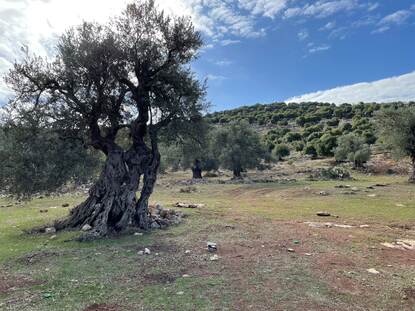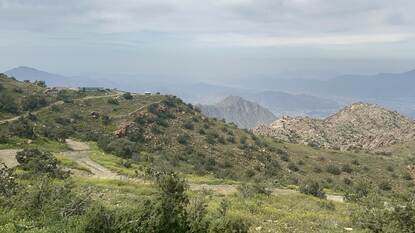Foto Azim Khan Ronnie
Excitement builds for COP16 of the UN Convention on Biological Diversity (CBD), focused on implementing the Kunming-Montreal Global Biodiversity Framework (GBF) and advancing conservation efforts through 2030. The Netherlands Agricultural Network (LAN) actively supports biodiversity conservation, sustainable use, and fair benefit-sharing, integrating these goals into Dutch water, agriculture, and climate projects. This 13th Agrospecial highlights LAN's key biodiversity initiatives and future plans, showcasing exemplary efforts by our agricultural counselors. We hope these examples will inspire you to take even more action to mainstream this crucial domain.
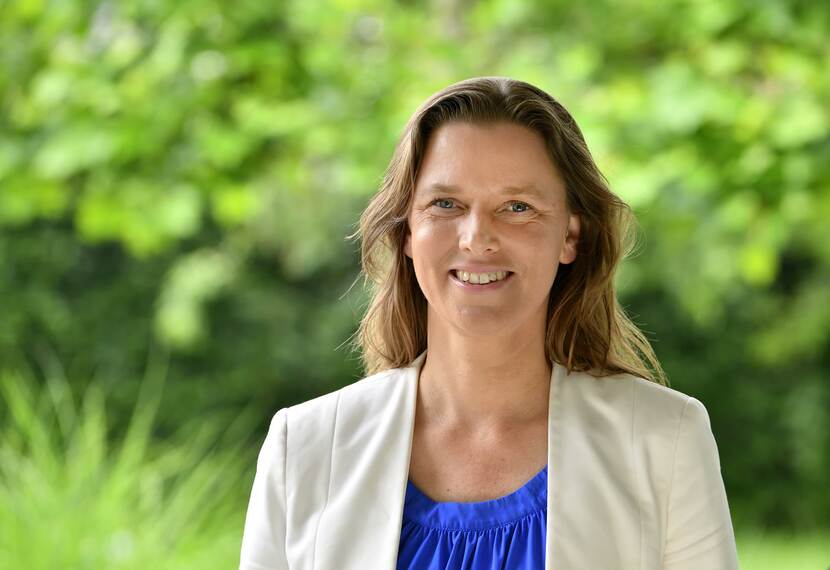
“You are not Atlas carrying the world on your shoulder. It is good to remember that the planet is carrying you.” ― Vandana Shiva, eco-activist and agro-ecologist
Vandana Shiva’s insightful words remind us of our deep connection to the Earth and our reliance on its systems. This interdependence underscores the critical importance of biodiversity—an essential foundation for maintaining the balance of our planet. Healthy ecosystems, sustained by biodiversity, ensure clean water, living soils, diverse food sources, and breathable air. Safeguarding biodiversity is not only about protecting nature; it is about securing our well-being and ensuring a livable planet for future generations.
The role of the Netherlands Agricultural Network in the Water-Biodiversity-Agriculture Nexus
Biodiversity today faces unprecedented global challenges, largely driven by human activities that disrupt natural ecosystems. At the heart of this crisis lies the complex interdependence between biodiversity, water and soil management, and agriculture [1]. Unsustainable water and soil management practices degrade biodiversity by disrupting ecosystems. In turn, biodiversity loss diminishes agricultural productivity and exacerbates challenges in managing water quality and availability, creating a vicious cycle of decline.
Mainstreaming biodiversity in bilateral cooperation
Collaboration is key to addressing the complex relationship between biodiversity, water, soil, and agriculture. By mainstreaming biodiversity into bilateral cooperation, we shape policies and create solutions that can be shared internationally.
Our LAN network plays a vital role in this agenda by promoting both biodiversity conservation and its sustainable use. For example, the Ministry of Agriculture, Fisheries, Food Security and Nature (LVVN) encourages agroforestry practices through bilateral and multilateral partnerships. It also enables research and innovation in biodiversity and sustainable land use through the partnership on agro-ecology living labs [2].
Shift from ‘do no harm’ to ‘do good’
Merely avoiding damage is no longer sufficient; we must take positive steps to regenerate and sustain the natural world in the face of the current ecological crisis. Therefore, as stated in our international strategy of the Dutch Ministry of LVVN [3], we make a shift from ‘do no harm’ to ‘do good’, advocating for proactive measures like reforestation, habitat restoration, and promoting sustainable practices that boost biodiversity.
Looking ahead
We are grateful for the enthusiasm and commitment of the LAN teams in promoting biodiversity and sustainable practices, which are instrumental in driving positive change. Strengthening connections on these subjects between the Netherlands and other countries and between The Hague and the agricultural counselors, remains crucial for advancing our goals. While we have made progress by convening online biodiversity sessions and LAN Academies, we aim to further close gaps and strengthen collaboration to support this Cabinet's nature policies: Fulfilling nature goals requires integrating nature into our living environments while balancing economic development by preventing environmental deterioration and promoting restoration. This supports the global aim to live in harmony with Nature in 2050, as voiced in the mission statement of the Convention on Biological Diversity.
Footnotes
[1] Also discussed in the Agrospecials Nature-Inclusive Agriculture (9th edition) and Water (12th edition).
[2] Kamerbrief over internationale inzet van LNV rond voedselsystemen | Kamerstuk | Rijksoverheid.nl
[3] Kamerbrief over internationale inzet van LNV rond voedselsystemen | Kamerstuk | Rijksoverheid.nl
Reading guide
- The layout of this magazine is organized by continent (Europe, Africa, Americas, Asia, and Middle East) including points of view from the Dutch public, private and not-for-profit domain. Through the drop-down menu at the top left, you will find all articles. Within each continent, the articles of the countries are structured in alphabetical order.
- Once you have opened and read an article, you can use the scroll bar on the right or left side of the screen or swipe up and down on your mobile device to navigate through the content.
- Continue scrolling to explore all the information, analysis, and insights within the Agrospecial. You may encounter images, videos, graphs, tables, and text that are relevant to the agricultural sector and food production in that specific area.
October 2024
